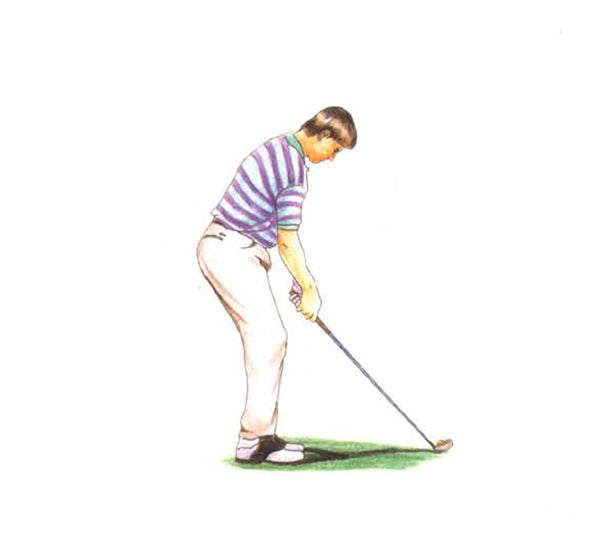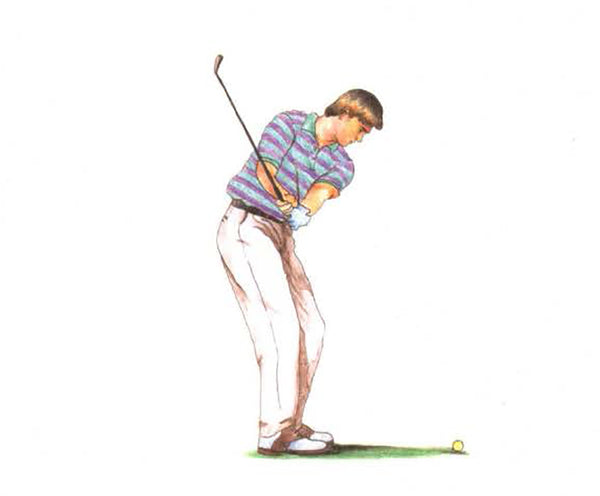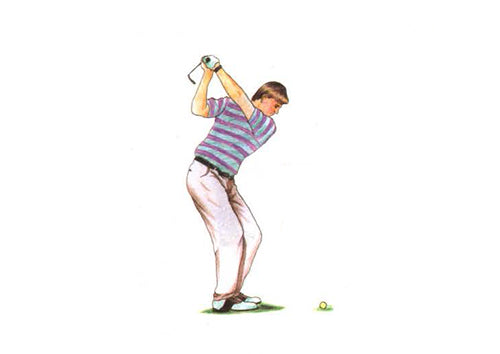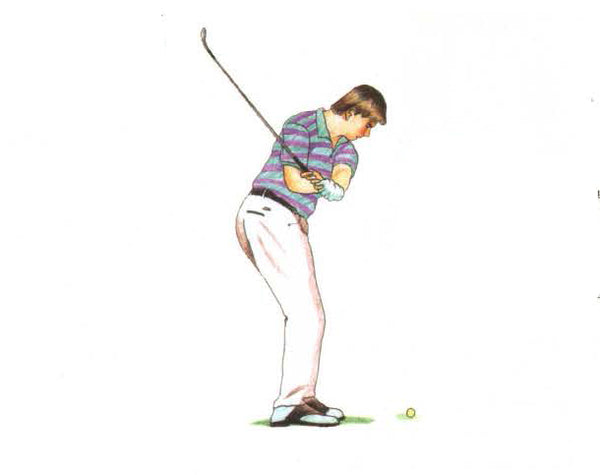Learn how to hit the ball with irons - the most professional instruction
Great wood tee shots and exciting green putts are often the subjects of much media scrutiny. In contrast, iron play is less of a topic of discussion. However, this does not mean that iron play takes a back seat to other golf skills. A consistent iron stroke is an essential foundation for a player to win in practice. Irons are divided into long irons (three and four irons), medium irons (five and six irons) and short irons (seven, eight and nine irons).
The following is a technical analysis of the irons of Ernie Els, a famous South African golfer.
1. Aiming the ball
Ernie Els emphasizes proper body angles and a relaxed, ready position when aiming the ball. His head remains relatively stationary while aiming the ball, and his arms are flexible and naturally down.

2. Upswing
Ernie Els' upswing has a typical unity of motion. With the upswing with the wrist turned upwards, the club moves in an ideal plane, and the left shoulder starts to rotate under the ball, and the upper body starts to turn.

3. At the top
This is an extremely beautiful upswing to the top. The shoulders twist 90 degrees. The anger and knee joints act in this process to impede the twisting of the upper body.

4. Downswing
Swing the club down the target line slightly to the inside. Note how Ernie Els maintains his balance and swing rhythm, which are key to his ability to be in an ideal position to hit the ball.

5. Point of impact
The head remains slightly behind the point of contact during the club's connection with the ball, and the club continues to move forward into the swing phase after a thousand inertia hits the ball.

6. Follow-through
From his perfect follow-through swing, we can basically conclude that he was very successful with this swing.


